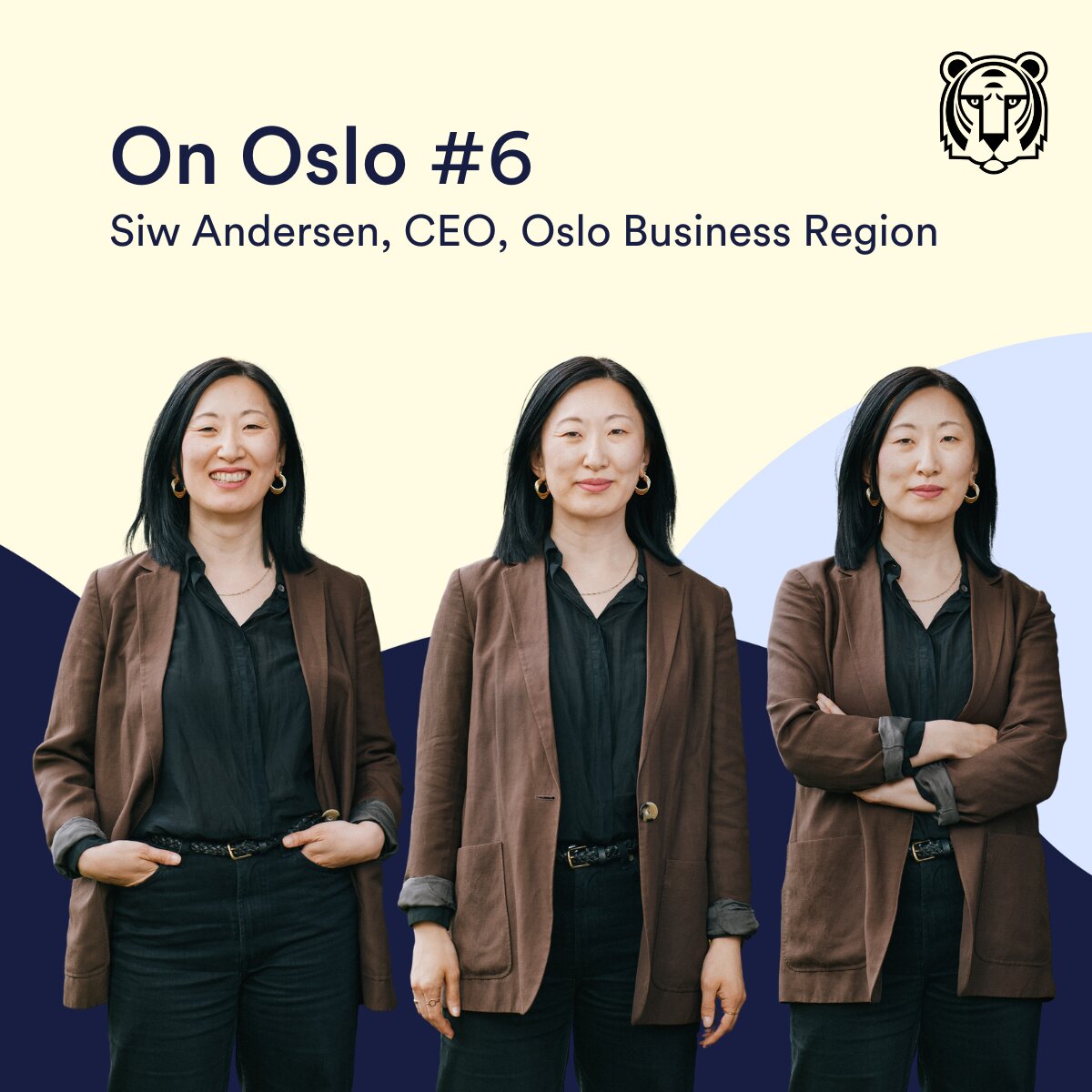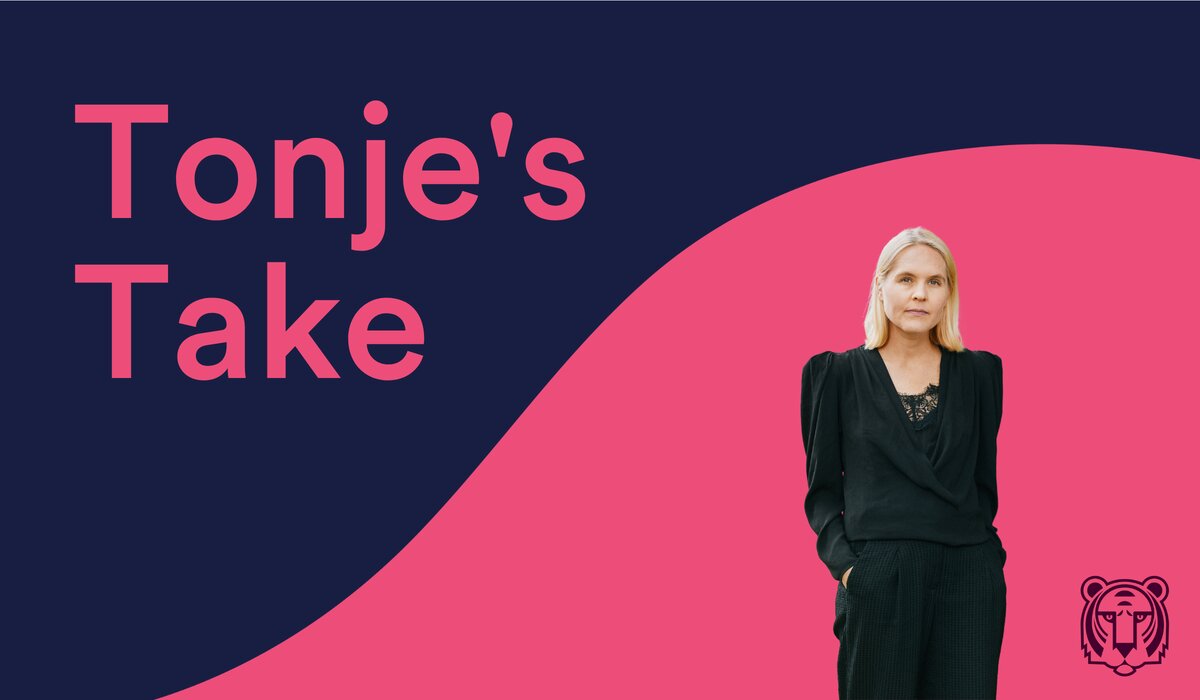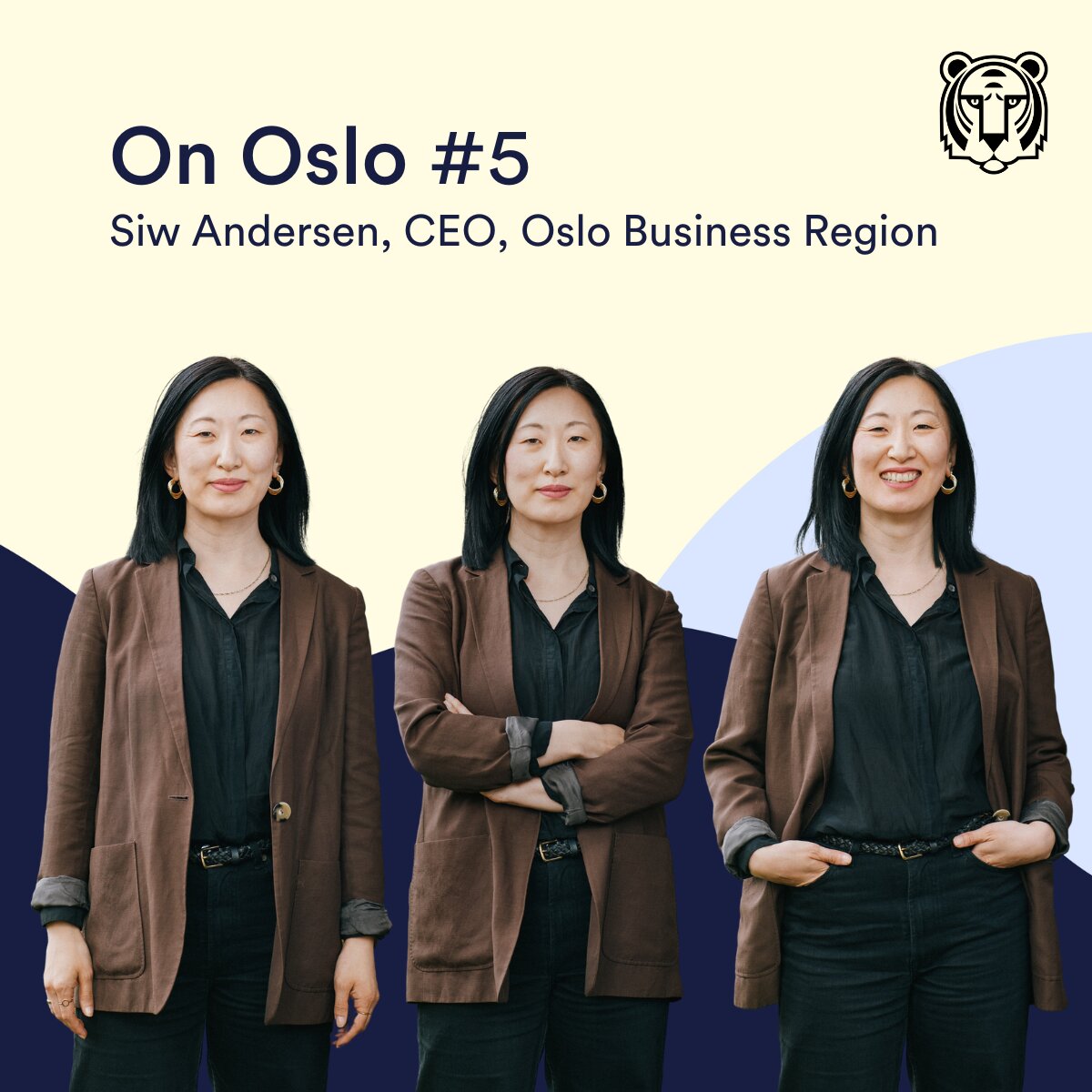I'm Siw Andersen, CEO, Oslo Business Region. On Oslo is a series where I’ll share my thoughts on what Oslo needs to succeed globally. This one is all about international talent—what we need, why it matters, and how we get it.
Make Oslo more accessible to international talent
Oslo has a growing demand for skilled professionals, and competition for talent is tougher than ever.
Fast-changing global politics, major shifts in the EU—such as the Competitive Compass—and the possibility of a trade war are all affecting our ability to attract and retain talent. The University of Oslo’s Rector, Svein Stølen, recently said in an interview with Dagens Næringsliv that under Donald Trump's presidency many bright minds may seek opportunities in Europe. The Financial Times has already reported a 23% rise in the number of Americans applying for UK residence permits compared to the previous year. This presents an opportunity for Oslo, but the challenges—and solutions—are complex.
Through my work at Oslo Business Region, I see first-hand how vital a highly skilled workforce is for growth, innovation, and a competitive business environment. Countries like Germany and France have introduced fast-track visa schemes, tax incentives, and relocation support for international professionals. Denmark has positioned itself as the leading AI hub in the Nordics, working closely with Nvidia. Meanwhile, AI researcher Inga Strümke recently highlighted in E24 that Sweden is making significant investments in AI. The result? Oslo and Norway are losing out on the tech talent we desperately need. And without AI expertise, we risk lower productivity.
Norwegian companies struggle to find skilled workers
According to the latest NHO Competence Barometer (published in February), as many as 34,000 jobs remain unfilled due to a lack of skilled workers. Six in ten businesses report difficulties in finding the right people, while one in ten say the shortage is critical. The situation is even more pressing in AI-dependent industries, where seven in ten companies lack the expertise to implement AI solutions.
There are many reasons for this skills gap, but one of the biggest is the sheer speed at which demand is increasing. If Norwegian businesses want to position themselves as attractive hubs for innovation, we need to tackle these challenges—and fast. Building a future-ready workforce requires both short- and long-term strategies. One immediate solution is to bring in international talent, as we simply can’t train enough people quickly enough to meet demand.
Three opportunities for Oslo and Norway
1. Fast-track work permits for skilled workers
One of the biggest obstacles in attracting global talent is red tape. Today, visa processing times for high-skilled workers from outside the EU can take up to 37 weeks—an unacceptable delay in a fast-moving global job market.Oslo’s pilot project Kompetansespor has proven that we can do better. By cutting processing times down to just three days, this initiative has set a new benchmark for efficiency. It’s encouraging that Stortinget, the Norwegian parliament, has now instructed the government to find a lasting solution. We need to make Kompetansespor a national model—permanently.
2. Strengthen investment in AI and future skills
AI is transforming industries, but Norway risks falling behind. The EU’s new InvestAI initiative aims to mobilise €200 billion for AI investments, and Oslo must secure its share of this funding. We need stronger collaboration between businesses, universities, research institutions, and policymakers to close the AI skills gap. If we don’t, competing internationally will only become harder.
3. Promote Oslo as a global talent destination
Oslo is an incredible place to live and work, but too few people outside Norway know this. We need more initiatives to showcase what the city has to offer—like our Work in Oslo campaign, which reached 1.1 million people in key European regions. Other efforts, such as Oslopolitan, VisitOslo’s "Is it even a city?" campaign, and the promotional work done by institutions like Norwegian Business School BI and the University of Oslo (UiO), are also making a difference.
How Oslo Business Region contributes
Oslo Business Region is dedicated to making Oslo an attractive destination and a place where talent wants to live and work. People and the workforce are the most valuable resources we have, and we must keep our city is accessible to talent, competitive, and ready for the future. The work on Kompetansespor started three years ago and has still not been implemented. It shows that we must not forget that things take time. Businesses, politicians, and decision-makers must work more together to ensure a faster processes and implementation. At Oslo Business Region, we bring stakeholders together to drive real change—because if we want Oslo to stay ahead, we need to act faster.
Let’s keep the conversation going. What do you think Oslo should do to prepare for the future?




